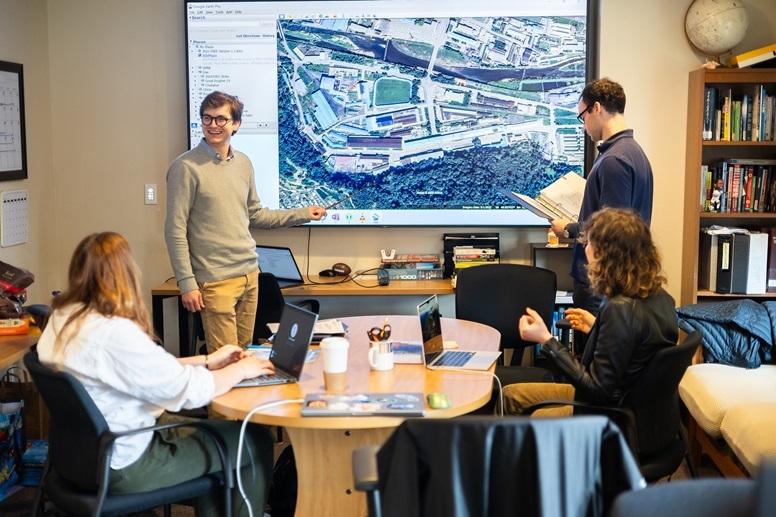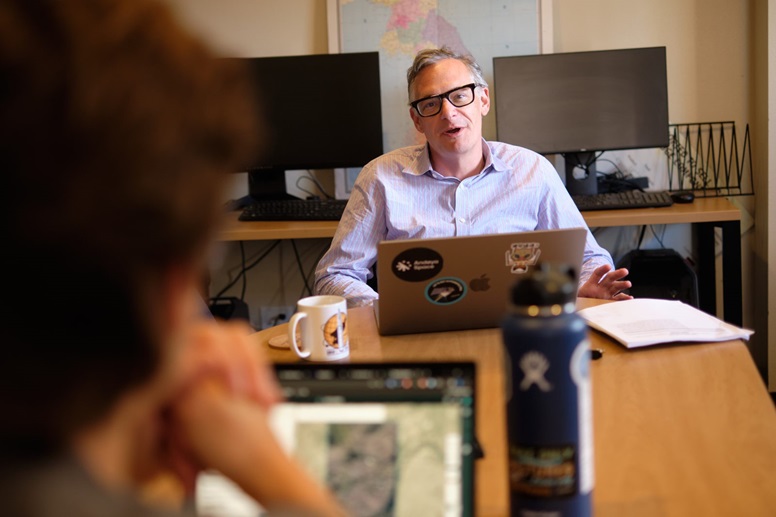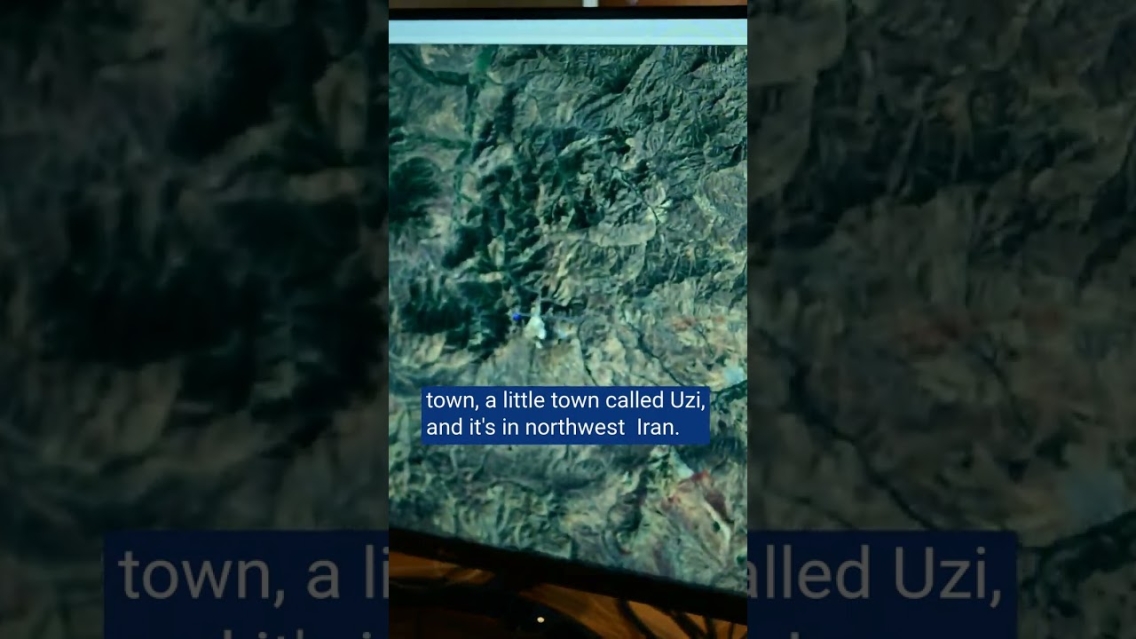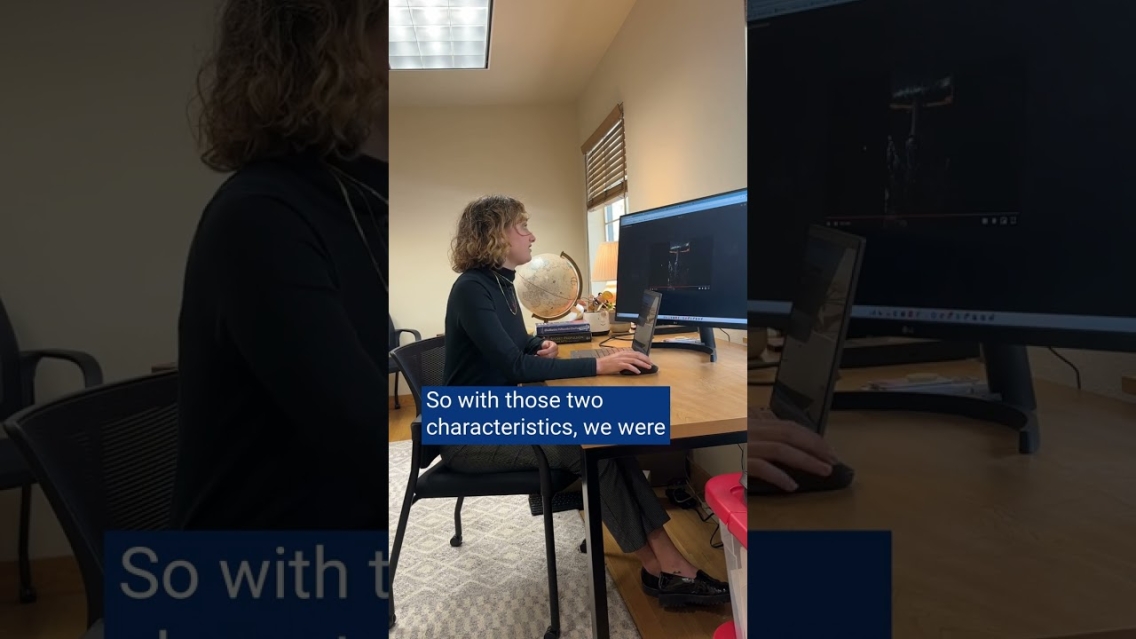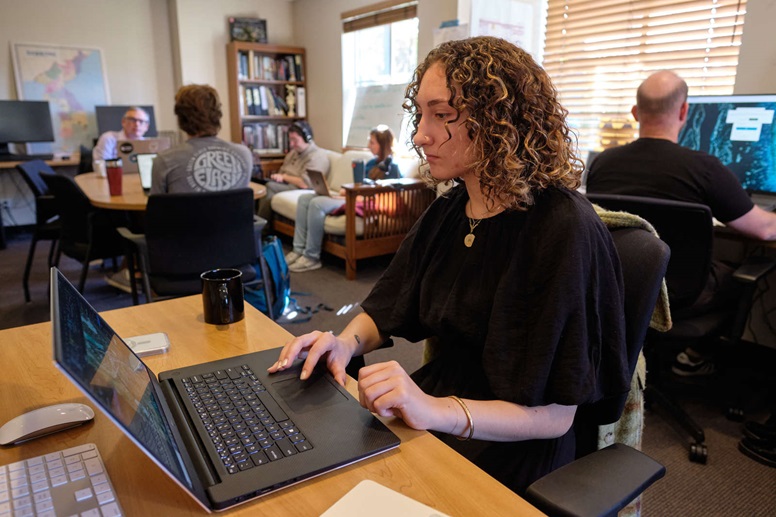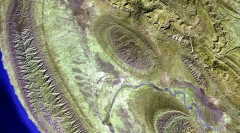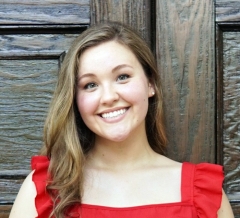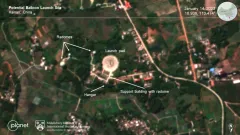The Power of Open-Source Intelligence
The Economist recently explored how open-source intelligence (OSINT) can challenge governments’ monopolies on information, with insight from Middlebury Institute professor Jeffrey Lewis of the James Martin Center for Nonproliferation Studies. The article is behind a paywall but you can watch a video interview we conducted with Jeffrey Lewis on OSINT.
Video
